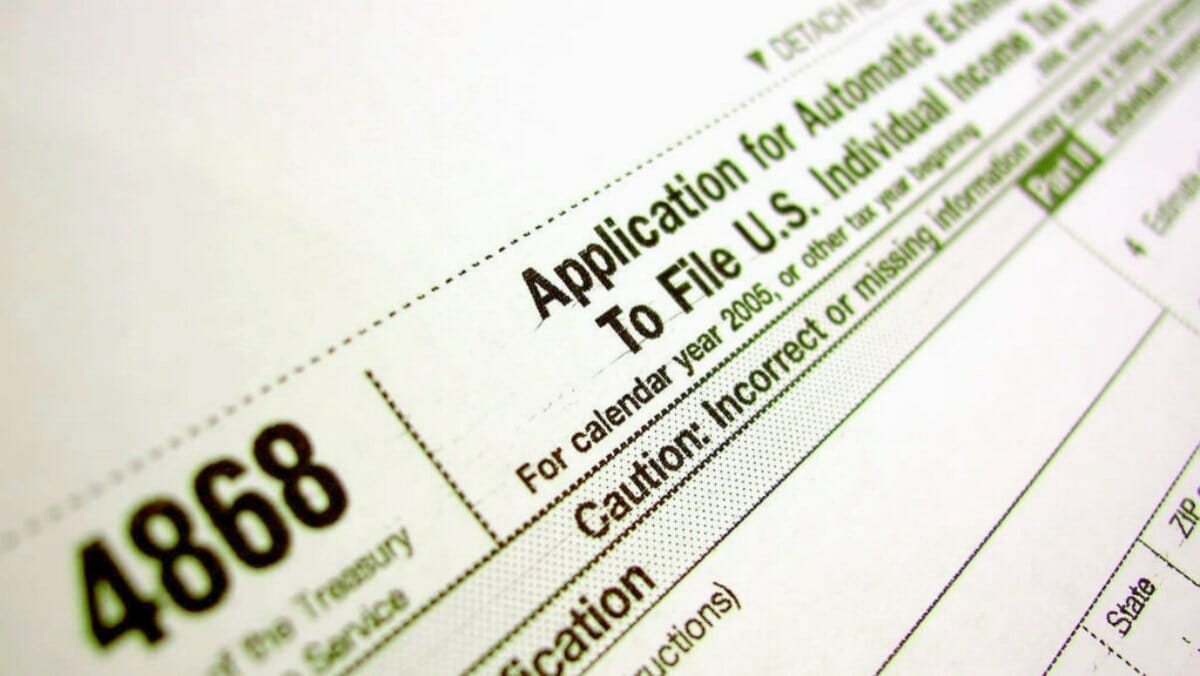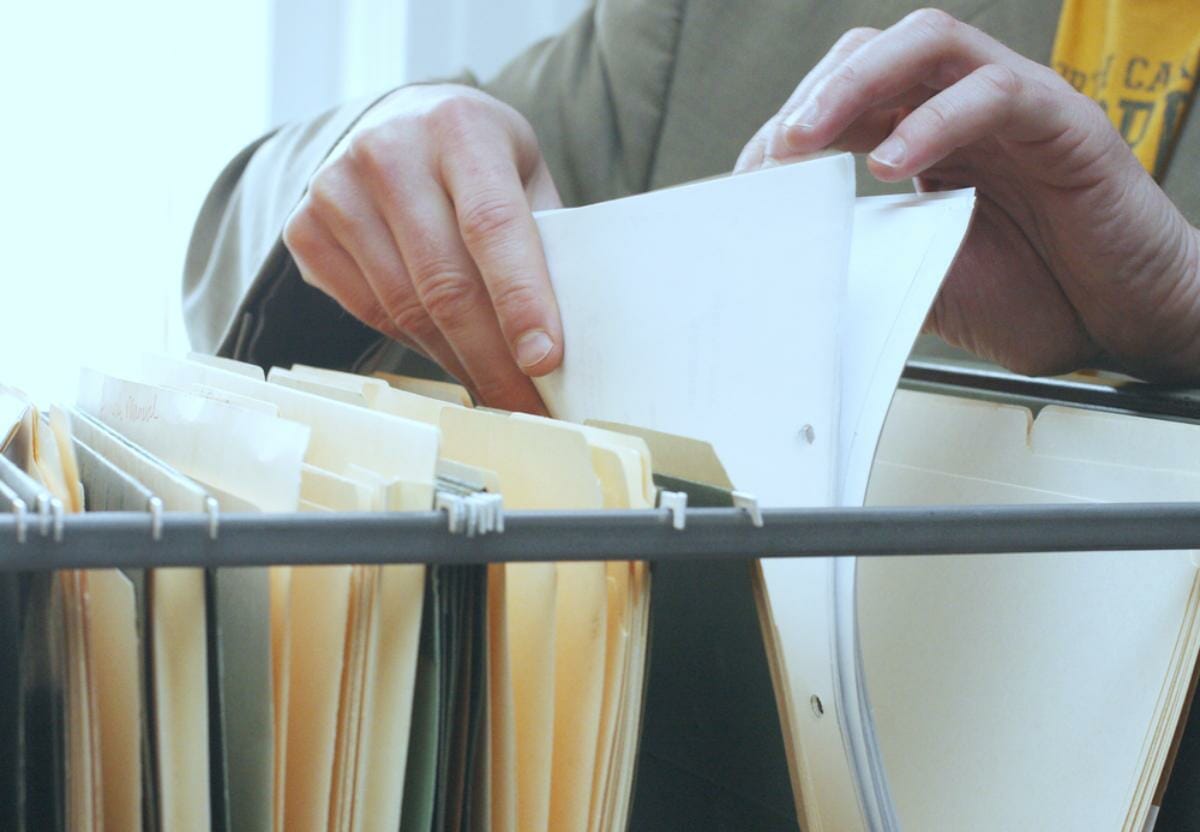Filing back taxes may be a lot easier if you follow these tips.
11 Ways to Make Filing Back Taxes Easier
1. Resolve Your Tax Problems Today
The first tip when it comes to filing back taxes is to resolve any tax issues as soon as possible.
Tax returns are very useful in applying for student financial aid or other types of loans. They also serve as the basis of your Social Security and Medicare benefits.
Delinquent taxes can be extremely problematic, especially when you are facing a tax audit. The consequences for both failure to pay and failure to file can be substantial.
As much as possible, prioritize the submission of your back tax returns. Remember that the IRS, the most powerful creditor in the country, has numerous ways to collect debts owed such as bank levies, wage garnishments, and seizure of property.
If you can, pay off your debt as quickly and as early as possible. This should help you avoid unnecessary collection attempts. A long delay will only make things worse.
2. Seek the Advice of a Licensed Tax Professional
What a lot of people do not know is the government allows for tax representation when dealing with the Internal Revenue Service (IRS).
A tax specialist can assist you with your tax problems. They should be able to suggest different methods to help resolve your debt. In some cases, they might even be able to help you in settling the debt for less than what you owe.
If the IRS has started to contact you to collect, ask them to briefly halt collection activities until you have the proper tax representation.
3. Know Your Rights and Check Your Options
While IRS agents can be very intimidating, it is important to keep calm when dealing with the IRS. Knowing your legal rights and options before taking any action is one of the most important tips when it comes to filing back taxes.
Again, a tax professional can teach you how to file back taxes. They can show you solutions and remedies to the problem you might not have known about before.
A penalty waiver, for example, is one thing that can lessen the burden of back taxes owed that most people do not know about.
Penalties and interest can greatly increase the amount you owe. This can make paying the tax debt even more difficult.
If you are eligible for a penalty waiver, then you just might be able to get rid of those extra costs and pay only the back tax balance.
Penalty Waiver Definition: It is an administrative waiver granted by the IRS to give taxpayers tax relief if certain criteria are met.
4. Figure out Exactly How Much You Have to Pay the IRS
When filing back taxes, make sure to go through each one. Check and see if you prepared them as the IRS instructs.
At the end of each form, you should be able to find out exactly how much you have to pay the IRS. Perhaps the IRS may even owe you a refund.
Again, tax professionals can help look through your returns. They can also help you take advantage of possible deductions you might be eligible for. If there are any errors you made when preparing your returns, they can help catch them.
5. File Your Taxes Even If You Cannot Pay
Regardless of the reason for the delay, make sure to still file your taxes as soon as possible.
The penalty for failing to file is 10 times as much as failing to pay. Late filing penalty amounts to 5% of unpaid taxes for every month your tax return is late, while the penalty for paying late is 0.5% of unpaid taxes for every month the payment is late.
File even if you know that you will not be able to pay. While it may not get rid of the burden completely, it should still help lessen it.
RELATED: A Step By Step Guide To Filing Back Taxes
6. Request for an Extension
It is entirely possible for individual taxpayers to get an extension to file their tax returns. The extension can be as long as six months or even more if the individual is overseas.
Additionally, you might also not be liable for penalties for failure to pay if you pay at least 90% of the amount due on the tax deadline.
However, this particular tax relief applies only if you pay the outstanding balance by the date of the extension. Otherwise, the interest you owe will revert back to what was owed on the original due date.
If you want to request for an extension, file IRS Form 4868. If approved, this extends your deadline for filing.
7. Set up an Installment Agreement
One of the best tax relief tips when it comes to filing back taxes is setting up an installment agreement.
Depending on your circumstances, you might be eligible for either a guaranteed installment agreement, a streamlined installment agreement, a partial payment installment agreement, or a non-streamlined installment agreement.
Just make sure to stick to the installment arrangement agreed upon. The IRS can easily revoke the arrangement for reasons such as missing a payment or failing to file a tax return.
You can try using the IRS online payment application to check whether you are eligible for an installment agreement.
8. File an Offer in Compromise
If installment agreements are no longer an option, you can try filing for an Offer in Compromise. You have to prove, however, that you cannot afford to pay your taxes.
The IRS will take into consideration your entire financial situation. They will take into account your assets, accounts, income, living expenses, and debts.
Depending on their review, they might approve you for either a lump sum or periodic payment arrangement with a reduced balance. In both cases, however, you have to make sure that you have filed all the required returns.
The IRS’s online Offer In Compromise pre-qualifier tool should help you check if you are eligible for it.
9. Pay Using Your Credit Card
Paying by credit card just might help you solve your tax problem.
Though you might need to pay interest charges on your credit card balance, the interest rate of your credit card might be cheaper than the cost of the penalties and interest charges of the IRS.
Additionally, taxes you pay using a credit card go through a commercial payment processor and not through the IRS. This will incur an added fee that might also be tax deductible.
The IRS’s website has a list of payment processors you can use, as well as the fees charged by each.
10. Keep All Records
In filing back taxes, make sure to keep a record of all communications and transactions.
As much as possible, send everything to the IRS using certified or registered mail. This should help ensure the delivery of communications.
The date of registration serves as the postmark date for registered mail, while the date of receipt serves as the postmark date for certified mail.
Again, make sure to keep the receipt as your proof of delivery.
11. Open Your Lines of Communication with the IRS
Regardless of your situation, do not ignore the IRS. Disregarding their attempts to communicate with you may lead to even more serious consequences such as tax liens, bank levies, and seizure of assets.
Keep your communication lines open and try to fully explain your situation. They may be able to help you find a resolution to settle your account.
In some cases, you might even be able to request a hardship deferment for paying your back taxes. The IRS may grant this if you lost your job, suffer from a serious medical condition or disability, experienced the death of an immediate family member, or you recently got a divorce.
To ensure that you qualify for one, make sure to consult with a tax professional.
Again, when it comes to tax problems, it is crucial to not ignore the phone calls and letters that the IRS sends.
For more information on filing back taxes, watch this video from WBAL-TV 11 Baltimore:
Filing back taxes can be problematic. However, with enough help, it might not be that complicated. Just remember that while it may be an overwhelming situation, keeping calm is the key.
Learn as much as you can about it and do not hesitate to ask for help when it comes to dealing with this matter.
Do you have other tips for filing back taxes? Share them with us in the comments section below!
Up Next: Late Tax Filing? Here’s Everything You Need To Know






